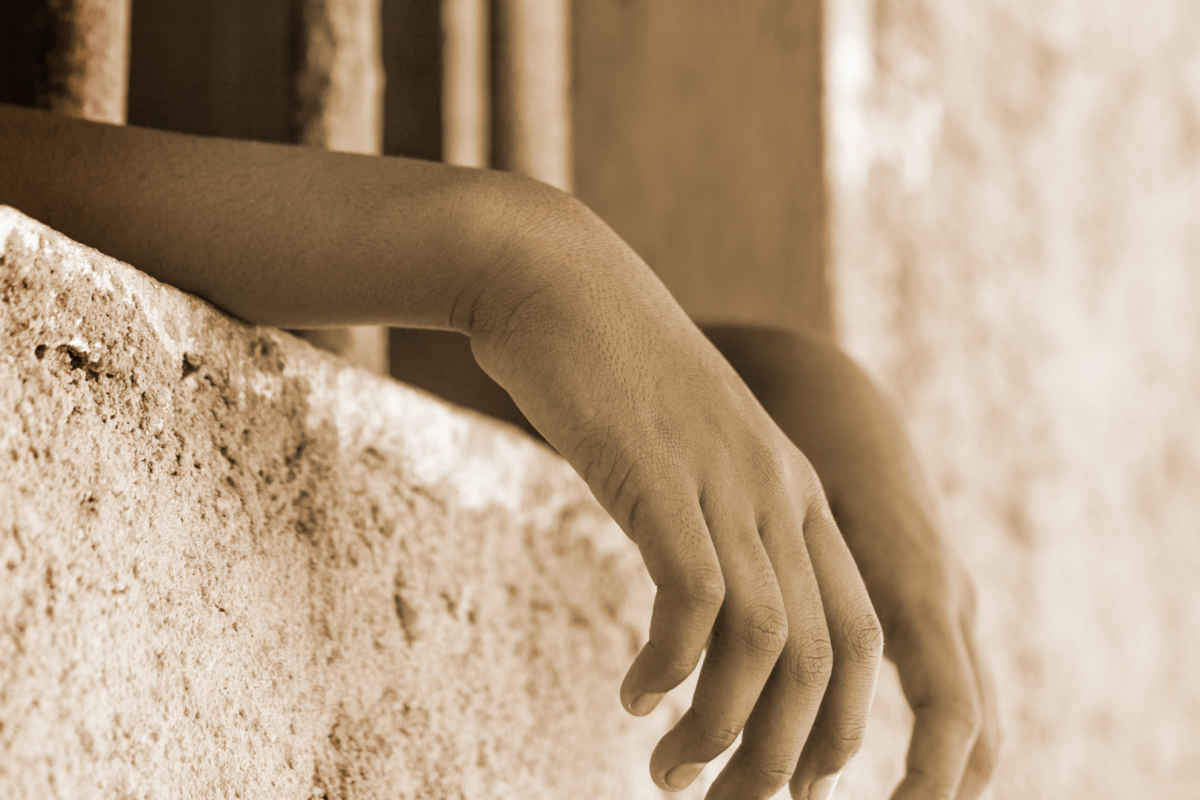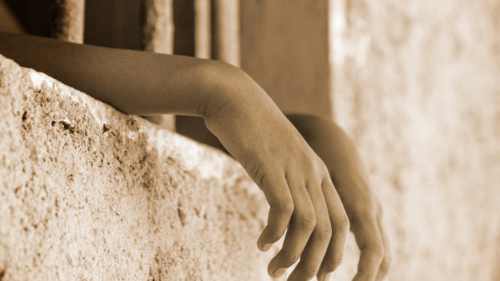

One IBJ client was barely 15 years old when he was arrested on 6 July 2007. He was accused of burglary and put in pre-trial detention. The only existing documentation of his detention is the arrest warrant (dated 06/07/2007), and the order to detain him provisionally (dated 23/08/2008). It was only after almost two years after his arrest that he appeared before the court in a public hearing. He pled not guilty, but was not assisted by a lawyer (although the right to legal assistance is stated in both the Constitution and the Procedural Penal Code). The attorney general asked for a punishment of 4 years of imprisonment. Following the hearing, on 13/04/2010 the court condemned the young man to 2 years of imprisonment. The court took several circumstances into account, including the fact that the accused was a minor. But although the condemned was detained over 2 years already by the time of the judgement (2 years and 10 months to be exact), he was not immediately freed. In fact, he ended up in detention for almost 4 years.
The case was brought under the attention of an IBJ lawyer during one of IBJ’s visits to the prison. At that point, the condemned was already imprisoned for 3 years and 9 months. Seeing the striking circumstances of the case, the lawyer did not hesitate to act and immediately verified the facts of the case by checking the relevant documents. Lawyer Aline Nijimbere found out that the facts were indeed correct, and contacted the Registry, which is the authority responsible for automatically notifying and signing the judgement to the condemned—and in this case to free him. After she contacted the Registry, the Clerk said she would free the prisoner the next Monday. However, the next Monday the prisoner was still not freed, and it was only after IBJ’s lawyer contacted the clerk again on Tuesday that he was freed.
This case does not require intensive or complicated legal assistance. The problem with cases such as this one is their identification. Once identified, the case simply needs a quick follow-up, including verification of the facts and personal contact with the Registry, in order to put pressure on officials to notice the prisoner of the judgement. All of this should be followed by his liberation.
The young man was following his primary school studies before he was arrested and jailed. Given the precarious prison conditions in Burundi in general, and the fact that there are no special measures to protect minors within the prison system whatsoever, his health was seriously affected.
When he was freed, he was very happy to see his family again and possibly continue his studies, even though he thinks he is not capable to go to school after 4 years of detention in inhumane conditions.
What went wrong in this case? Several flaws of the Burundian justice system can be pointed out with this case in an exemplary function.
-First of all, the Burundian Penal Code clearly states that no minor younger than 15 can be held criminally responsible (it is the age at the time of the criminal act that should be taken into account). Next to the criminal irresponsibility of minors under 15, the article specifies that crimes committed by them can only give rise to civil procedures. This also means that he cannot be imprisoned for a crime he is accused of.
-The Procedural Criminal Code points out clearly that pre-trial detention has to be authorized and renewed every month by a judge, by means of a motivated decision. The judge therefore should have had several occasions to notice the unlawfulness of the detention. The fact that the monthly review of the detention does not take place regularly is in itself an element that makes the pre-trial detention unlawful. Moreover, the Penal Code criminalizes the behaviour of the actors of the judicial system if they do not follow the timeframes stated in the Procedural Code without a valuable explanation.
– The fact that the accused only appeared before the court more than 2 years after his arrest and detention is unlawful. Moreover, the prisoner was not assisted by a lawyer. This is certainly not strange in Burundi, since recent studies show that only 2.7 percent of the accused can benefit from legal aid. And in this case, the young man was not liberated, although he already served almost twice the punishment required! The Registry, firstly responsible for informing the parties of the judgement and the liberation of the condemned, did not do so according to ‘a typing mistake.’
-Another authority that should have reacted on the unlawful situation is the Attorney General, since they are responsible for the executions of the judgements and should control the Registry. These kind of actions can be resolved by IBJ trainings that gather key criminal actors.
-Another element to consider is the unawareness of the population of their rights. If the detainee and his family were more aware of the manifest unlawfulness of the imprisonment, they would have taken firmer actions.
The justice system failed at several levels to guarantee the basic rights of the suspect, the accused and the condemned. The identified flaws should be further analysed, in order to contribute to a more efficient and fair Burundian justice system. In this case, it points clearly out that the execution of judgements is in itself a problem in Burundi.
All these malfunctions point out the relevance of IBJ actions in supporting the implementation of Burundi criminal laws.